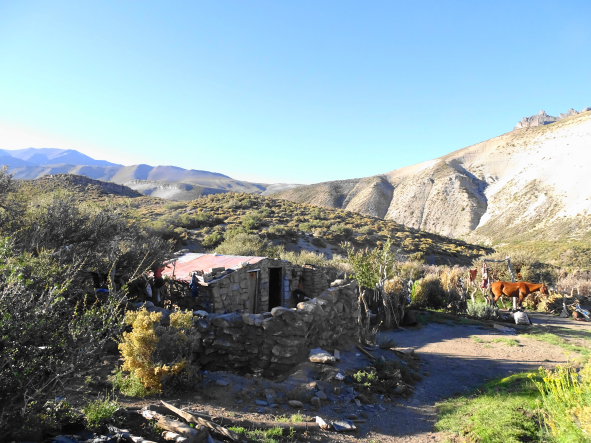Desert Farming: "Breathable Sand" Farm in Ras Al Khaimah
Local Produce and Harvesting
Dake Rechsand
Vegetable Growth in Desert Farm
Dake Rechsand
CRITICAL TO PAIR TREE-PLANTING DRIVES WITH WATER-WISE TECHNOLOGIES: DAKE RECHSAND
https://uaenews247.com/
International Experts from China, USA and UAE at the Sustainable Farm Construction
Dake Rechsand
In Abu Dhabi, Breathable Sand technology has helped with the growing of peanuts, mung beans, and black-eyed peas on some farms, while mango and lemon orchids have also shown fruitful results in 18 months.
Most vegetables in Abu Dhabi are imported and/or shipped from nearby cities such as Dubai. Famers now can grow local vegetables and fruits to serve the local families. The quality of the product is also good, and the water usage is only 20% of what typical needs because uncontrolled infiltration is greatly reduced thanks to the Breathable Sand.
The current farm includes 500-square-meter arable land to plant vegetables and fruits, and 100,000 square meters of land in Ras Al Khaimah is being prepared for additional applications.
* Local government was supportive to allow the farm built using the new water-saving technologies. This solution is also in-line with the food security needs in the region.
* Local farmers, after explanation and demonstrations (please see other building blocks), with little guidance, were happy to embrace the technology.
* After three of years of installation, high-quality produce and healthy plants are the best support to continue using the new technology.
International collaboration is crucial in the initial implementation. The "Breatahbel Sand" technology was invented in China and was used in many applications. However, it is important to have on-site guidance to ensure the installation is done correctly. We found there are minor adjustments needed to fit the site-specific needs.
In addition, we realized that local manufacturing of the Breathable Sand is very important to reduce the shipping and transportation costs. UAE has abundant aeolian sand resources, which can be used to produce Breathable Sand locally. Building a sand-treatment and coating factory in UAE is planed for 2023 to reduce the costs.
